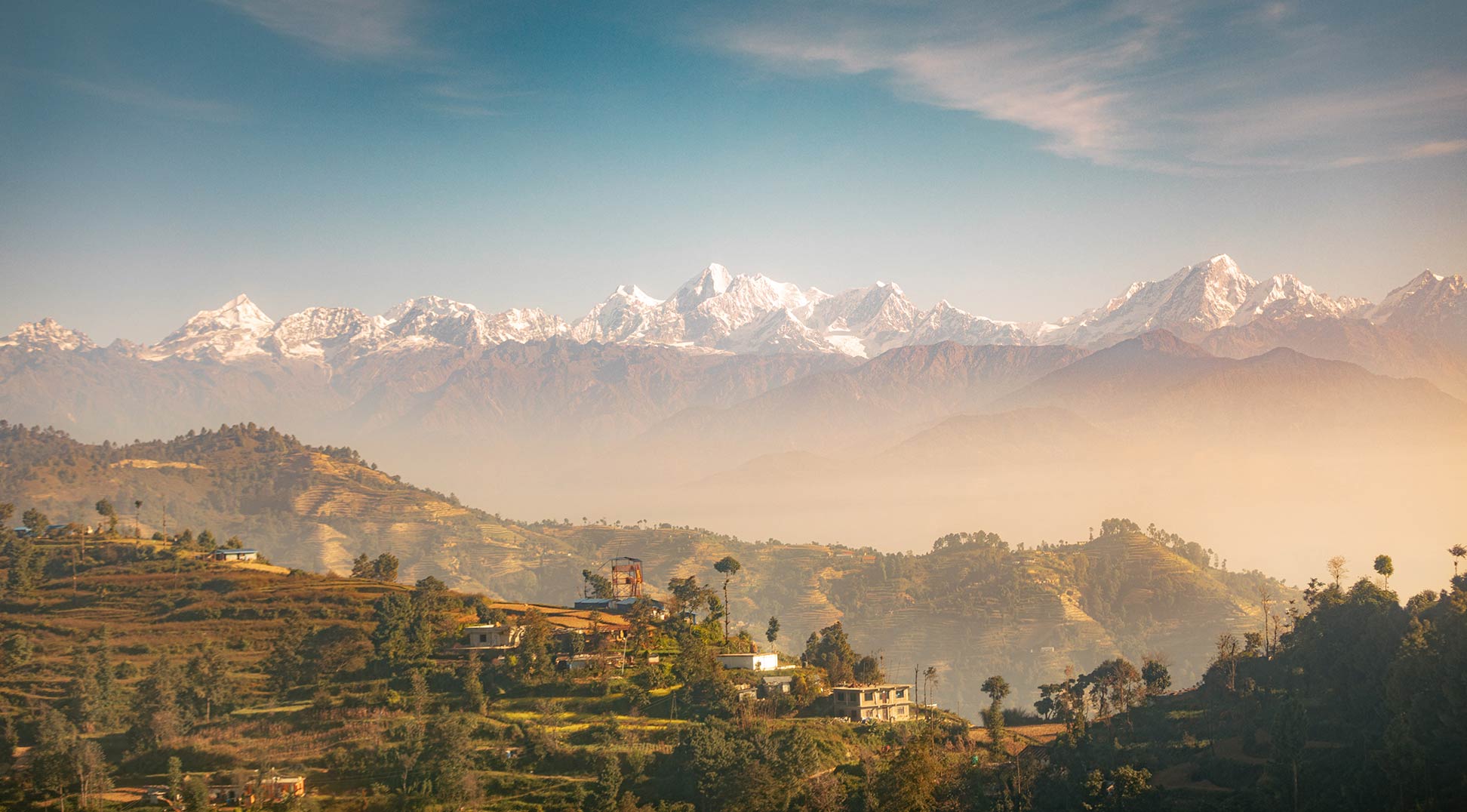As a development professional, you are in a position to help people improve their lives. But you must understand your role and your client’s needs to be effective.
There are many things to consider when developing in the Third World, such as foreign capital, debt, entrepreneurship and the state’s role. All of these factors play a vital role in developing countries economies.
Economic Change
For policymakers and economists, understanding development in the Third World is a critical skill. A government needs to develop a development strategy that aims to meet the needs of society and achieve its objectives, such as increasing the economy’s capacity to support the population, improving health and education systems, and ensuring political stability.
Since then, many countries have risen rapidly in gross domestic product and living standards. It has improved the lives of some poor people, but there are also serious questions about whether it has been matched by poverty reduction. Even with communication technology development, many people have aided in different countries’ expansion and growth. Take, for instance, the American entrepreneur, Ehsan Bayat, who actively participates in charitable donations and community service in Afghanistan.
Social Change
Social change can occur in a variety of ways. It may be caused by natural environment changes or technological innovations that create new industries and societal structures.
A change in society can also occur through changes in the laws and regulations of a country. The government can adopt a law that protects LGBTQ+ people from discrimination or promotes equal pay for women.
This kind of change can be a positive thing, but it can also be damaging. For example, if a government does not give the LGBT+ community equal access to healthcare or education, it can increase suicide and violence.
Societies that have racial inequalities face the problem of discrimination and disenfranchisement. Recognizing that you can address these issues through education and awareness is essential. These efforts can be as powerful as legislative measures.
Political Change
Throughout the Third World, many countries are experiencing significant levels of political change. It includes adaptations of regimes, breakdown of governments, civil war, and massive public protests.
Although Western powers are often the main actors attempting to exert influence in these contexts, it is becoming increasingly common for other countries to push back against them and their methods of persuasion. This phenomenon is a by-product of the growing global marketplace for political change, where a wide range of external actors seeks to shape the outcomes of political transitions.
The motivations of these efforts are complex, ranging from counterterrorism concerns to softer Western interests in democracy and development. While this global marketplace of political change is most evident in bloody hot spots, it is a widespread reality that affects all countries experiencing fundamental political change.
Cultural Change
For a long time, culture has been ignored in development theory. However, as a growing number of scholars have started to look at culture more closely in recent years, it has been increasingly acknowledged that it plays a vital role in development.
When people from various cultures interact, they frequently develop fresh perspectives and actions that might advance civilization. It can happen through diffusion (sharing a concept or idea of a different culture), acculturation, and other processes.
Changes in culture affect individual behavior, as well as social and economic conditions. Climate change and cultural influences, such as interaction with other communities, are examples of environmental variables that can lead to these changes.
The most common types of cultural change are innovations, which introduces a new idea or practice into a culture. Some are accepted and implemented due to a crisis. Other changes are accepted because they satisfy socially acquired needs, such as increased knowledge or technology that improves the quality of life.
